Why K-pop stars keep relationships hidden
South Korea's £8bn music industry imposes strict rules on its biggest stars
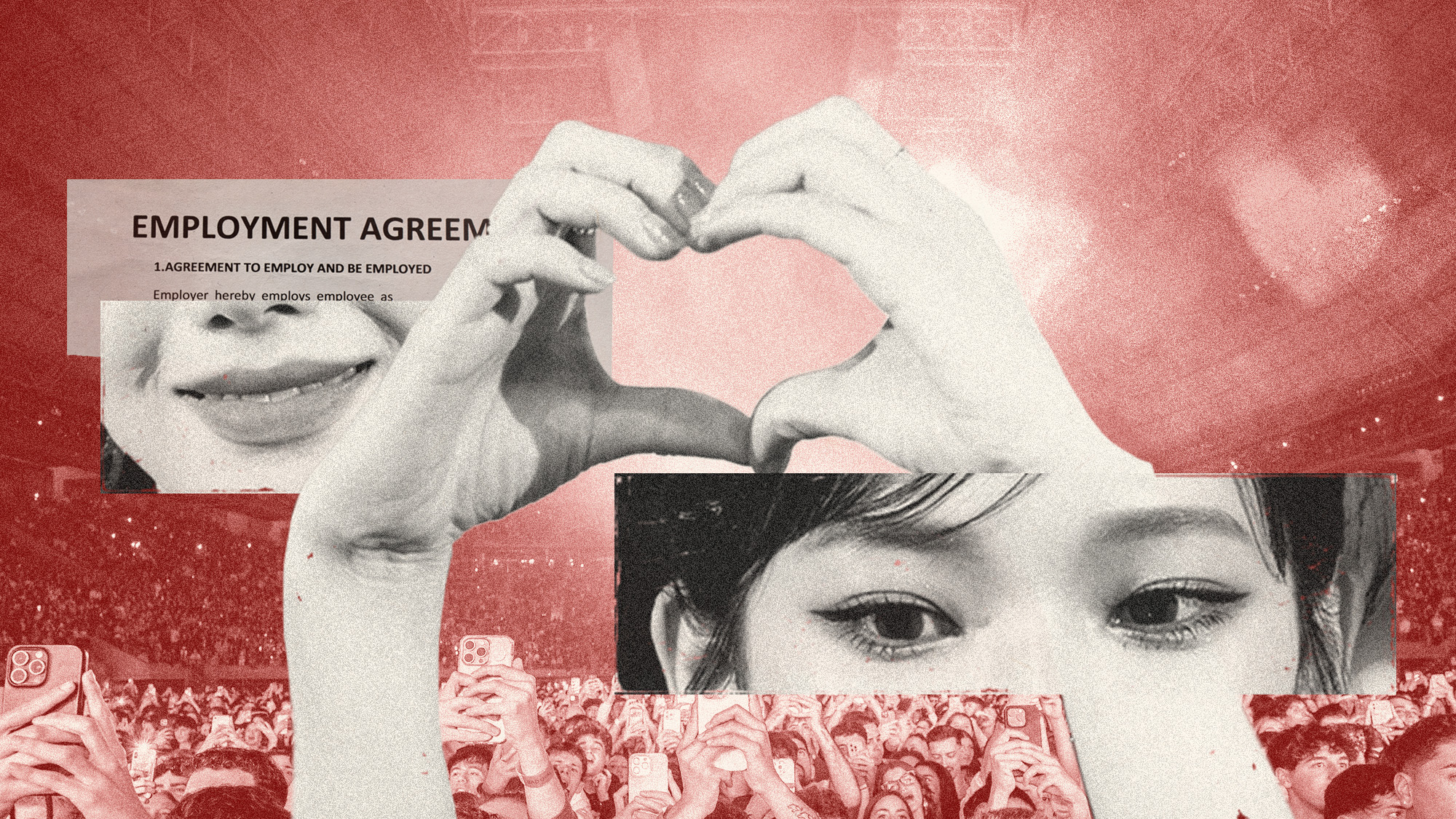
A free daily email with the biggest news stories of the day – and the best features from TheWeek.com
You are now subscribed
Your newsletter sign-up was successful
A K-pop star has been accused of "betrayal" after fans discovered she had a boyfriend.
When followers of Karina found out she was dating Lee Jae-wook, an actor, they drove an electronic billboard mounted to a vehicle to her management agency in protest and asked the singer why "the love given to you by your fans" was not enough.
The 23-year-old member of the group Aespa was forced to issue a "grovelling apology", said The Telegraph, in which she said sorry to fans for "surprising you greatly" and promised to show a "more mature and hardworking side" in the future.
The Week
Escape your echo chamber. Get the facts behind the news, plus analysis from multiple perspectives.

Sign up for The Week's Free Newsletters
From our morning news briefing to a weekly Good News Newsletter, get the best of The Week delivered directly to your inbox.
From our morning news briefing to a weekly Good News Newsletter, get the best of The Week delivered directly to your inbox.
It was emblematic of a genre where fans can be "overwhelmingly hateful" and "downright abusive" to anyone they feel threatens their bond with the artist, said the Daily Mail. So if an idol is linked with a "vaguely romantic interest", they "may receive a barrage of hate mail, comments on their appearance and threats to their life".
'Bad for business'
Karina's is "not an isolated incident" because pop stars in South Korea and Japan work in "notoriously pressurising industries", where such personal revelations can be "tricky to navigate", said the BBC.
"Just a decade ago, it was common practice for K-pop agencies to ban new stars from dating or even having a personal mobile phone, and even now admissions of romantic relationships are often considered scandalous to fans."
The "intensely competitive" K-pop industry is worth an estimated £8 billion annually to the South Korean economy, said The Telegraph, and its stars have been "bound by contracts" that have “no dating” rules. They cannot get married without permission.
A free daily email with the biggest news stories of the day – and the best features from TheWeek.com
The driving factor behind these regulations is that industry managers want fans to believe they could have a relationship with the stars. When the Blackpink lead vocalist Jisoo's relationship with actor Ahn Bo-hyun was revealed, sociologist Patrick Williams of Nanyang Technological University in Singapore told the BBC that K-pop stars being in relationships may be "bad for business" because they "want to sell idols that appear to be, at least in an imaginary sense, romantically obtainable".
Although in "many places around the world", the announcement that a young pop star and an actor have become an item would be "little more than a quick celebrity headline", said CNN, in South Korea and Japan, it can "still be taboo" in a culture where record labels like to "promote the fantasy" of "unhitched" celebrities.
Signs of change
There have been "signs of change in recent years", said CNN, "with agencies shifting away from controversial contract terms". Fans have "begun urging each other to allow stars more privacy" and the "ability to live their lives", added the broadcaster, noting that under Karina's apology post, the comment section was "flooded with fans rallying in support".
And although the situation in the K-pop world is particularly extreme, fan discomfort over their pop heroes dating is not confined to the genre. Boy bands from the 1990s such as Take That and East 17 were discouraged from having relationships. Last year, Take That member Howard Donald told the Take That: This Life podcast that he had hid his girlfriend under a blanket during the band's heyday, said The Sun.
In 2015, One Direction fans told a woman linked to band member Niall Horan that they would "find her and kill her", said The Sydney Morning Herald. That came a few years after the late Caroline Flack said that she had received death threats after she was romantically linked with band member Harry Styles.
The intense bond between pop stars and their fans is universal. "When your crush is single, it's amazing because you feel like you still have a chance no matter how unlikely that is," wrote Jasmine Gomez for Seventeen. But "when they start dating someone new, a little something dies inside of you".
Chas Newkey-Burden has been part of The Week Digital team for more than a decade and a journalist for 25 years, starting out on the irreverent football weekly 90 Minutes, before moving to lifestyle magazines Loaded and Attitude. He was a columnist for The Big Issue and landed a world exclusive with David Beckham that became the weekly magazine’s bestselling issue. He now writes regularly for The Guardian, The Telegraph, The Independent, Metro, FourFourTwo and the i new site. He is also the author of a number of non-fiction books.
-
 Political cartoons for February 16
Political cartoons for February 16Cartoons Monday’s political cartoons include President's Day, a valentine from the Epstein files, and more
-
 Regent Hong Kong: a tranquil haven with a prime waterfront spot
Regent Hong Kong: a tranquil haven with a prime waterfront spotThe Week Recommends The trendy hotel recently underwent an extensive two-year revamp
-
 The problem with diagnosing profound autism
The problem with diagnosing profound autismThe Explainer Experts are reconsidering the idea of autism as a spectrum, which could impact diagnoses and policy making for the condition
-
 A thrilling foodie city in northern Japan
A thrilling foodie city in northern JapanThe Week Recommends The food scene here is ‘unspoilt’ and ‘fun’
-
 Samurai: a ‘blockbuster’ display of Japan’s legendary warriors
Samurai: a ‘blockbuster’ display of Japan’s legendary warriorsThe Week Recommends British Museum show offers a ‘scintillating journey’ through ‘a world of gore, power and artistic beauty’
-
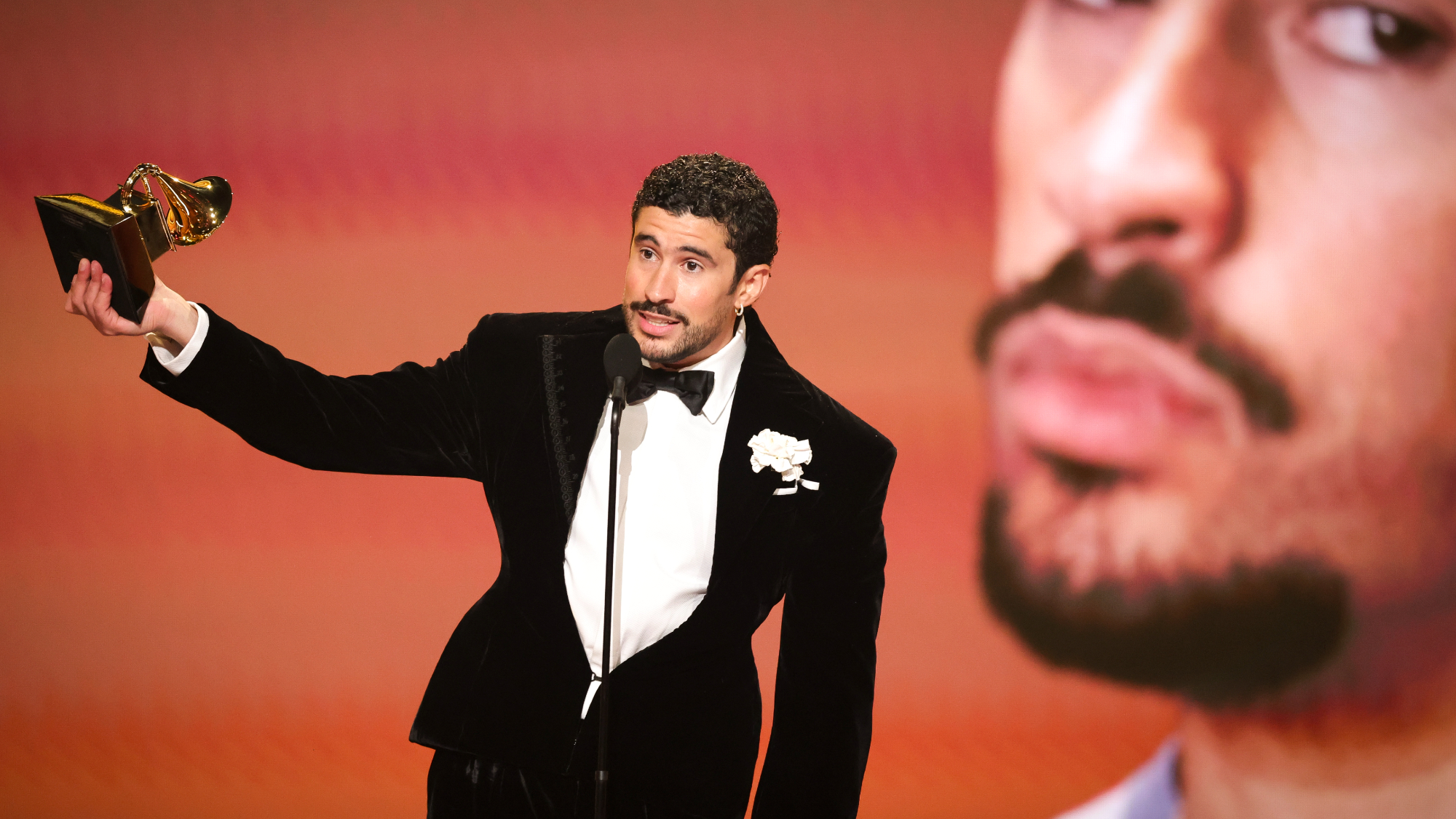 Bad Bunny, Lamar, K-pop make Grammy history
Bad Bunny, Lamar, K-pop make Grammy historySpeed Read The Puerto Rican artist will perform at the Super Bowl this weekend
-
 In Okinawa, experience the more tranquil side of Japan
In Okinawa, experience the more tranquil side of JapanThe Week Recommends Find serenity on land and in the sea
-
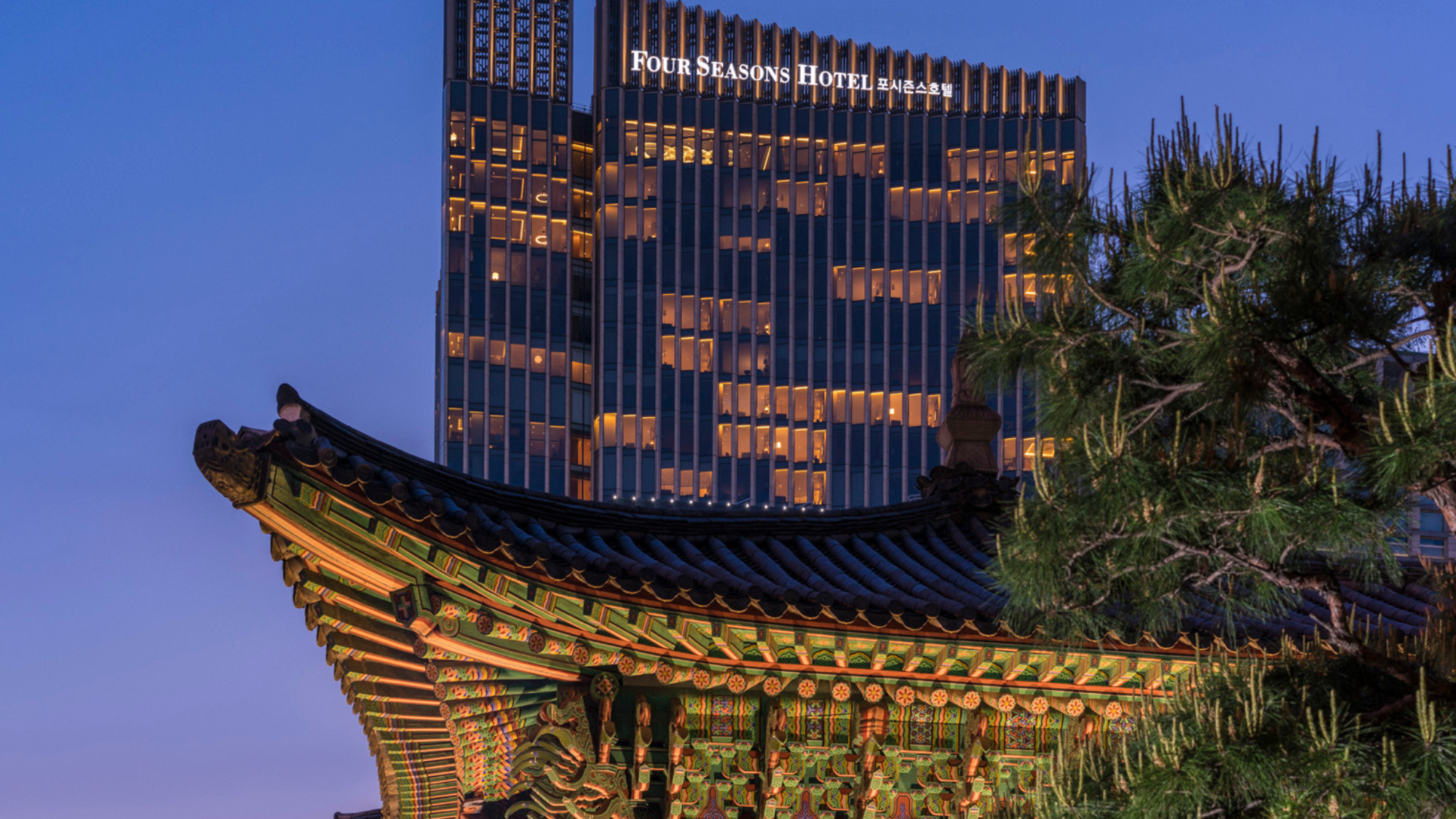 Four Seasons Seoul: a fascinating blend of old and new in South Korea
Four Seasons Seoul: a fascinating blend of old and new in South KoreaThe Week Recommends Located right in the heart of the action, this classy hotel is the perfect base to explore the capital
-
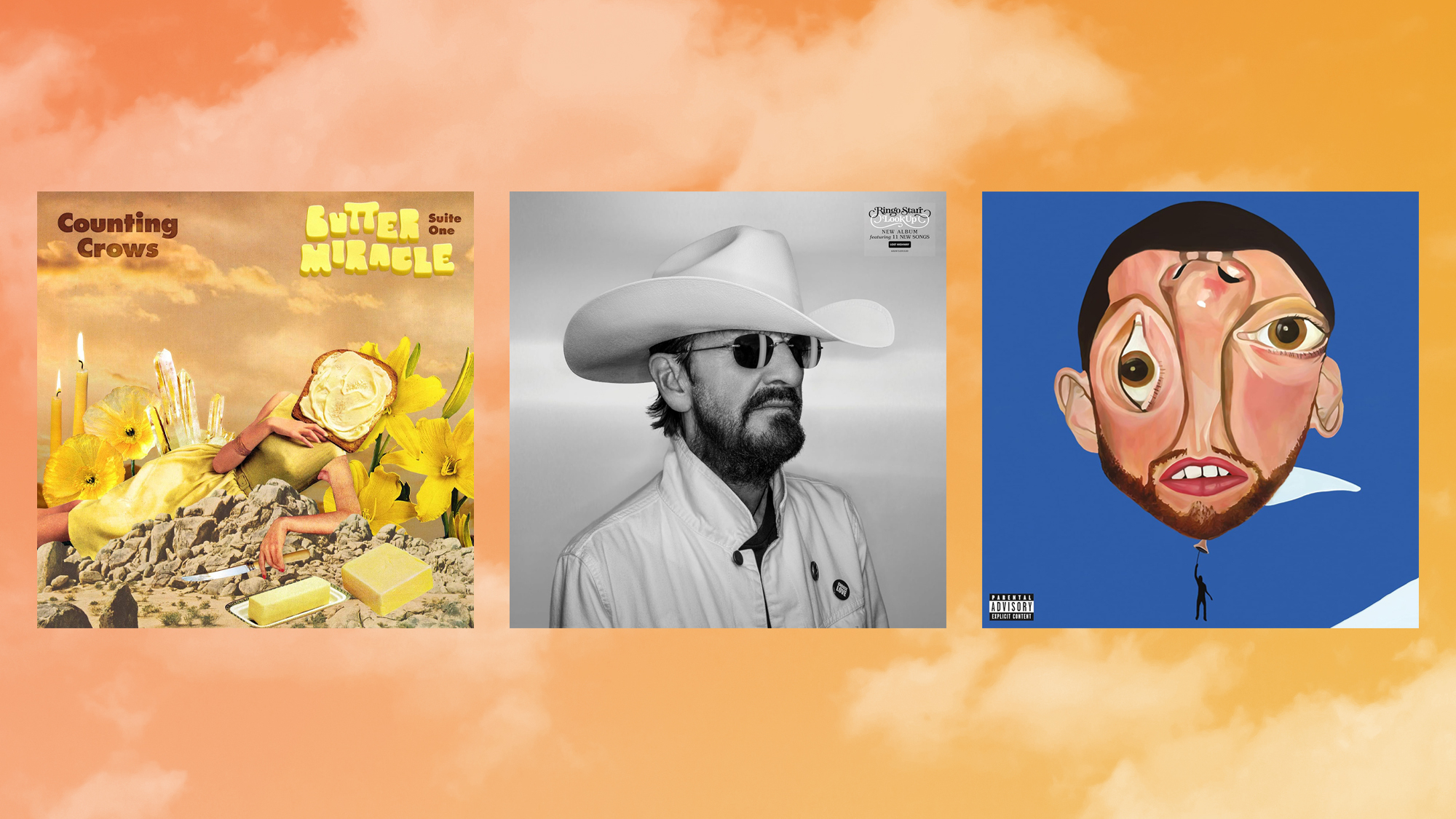 The best music of 2025
The best music of 2025The Week Recommends These were some of the finest releases of the past year
-
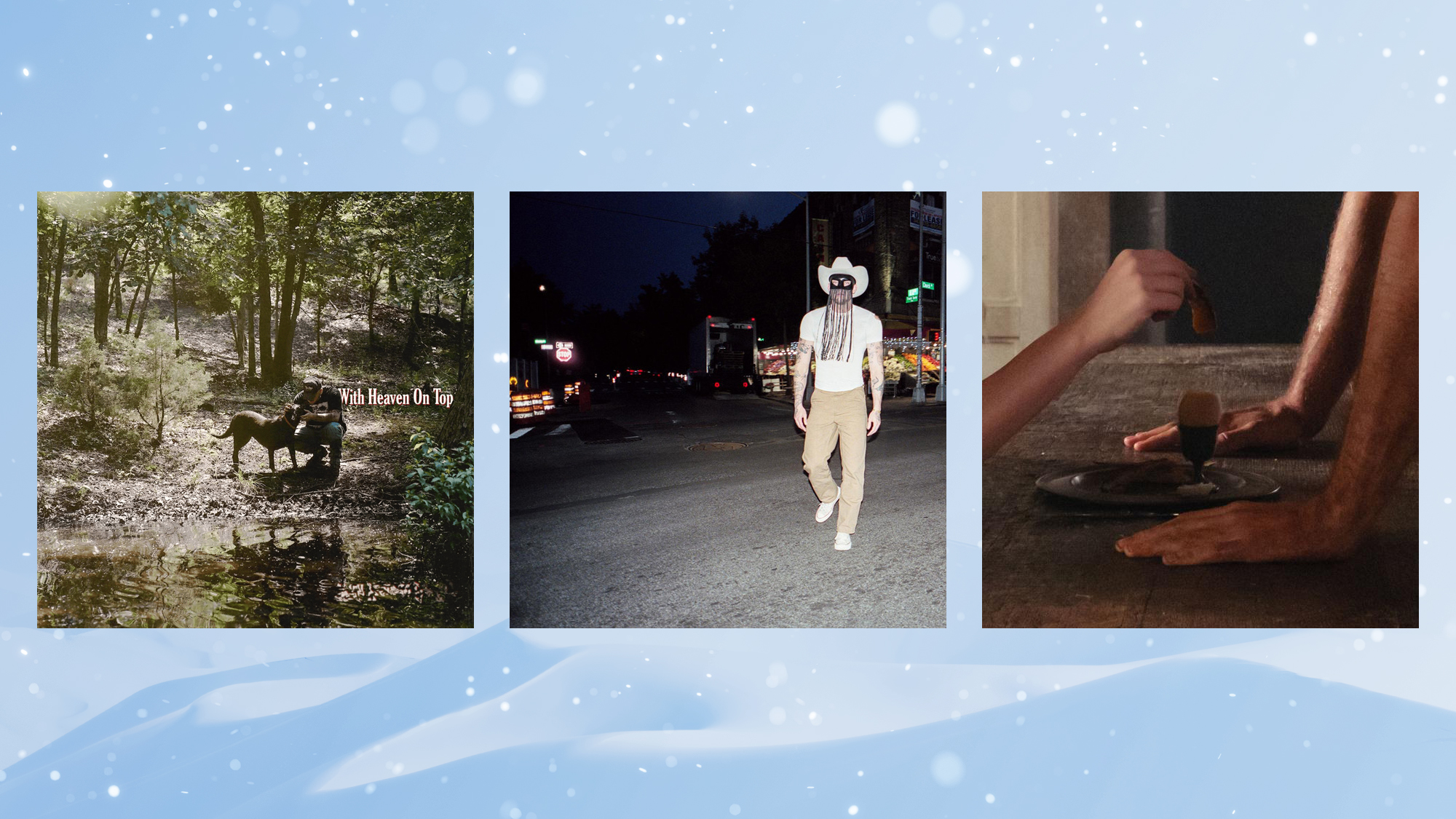 10 upcoming albums to stream during the winter chill
10 upcoming albums to stream during the winter chillThe Week Recommends As the calendar turns to 2026, check out some new music from your favorite artists
-
 10 concert tours to see this winter
10 concert tours to see this winterThe Week Recommends Keep cozy this winter with a series of concerts from big-name artists